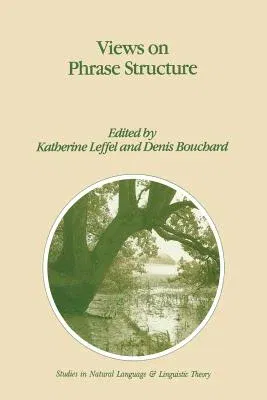Views on Phrase Structure (Softcover Reprint of the Original 1st 1991)Paperback - Softcover Reprint of the Original 1st 1991, 21 September 2012

Qty
1
Turbo
Ships in 2 - 3 days
In Stock
Free Delivery
Cash on Delivery
15 Days
Free Returns
Secure Checkout
Part of Series
Studies in Natural Language and Linguistic Theory
Print Length
244 pages
Language
English
Publisher
Springer
Date Published
21 Sep 2012
ISBN-10
9401054096
ISBN-13
9789401054096
Description
Product Details
Book Edition:
Softcover Reprint of the Original 1st 1991
Book Format:
Paperback
Country of Origin:
NL
Date Published:
21 September 2012
Dimensions:
23.39 x
15.6 x
1.37 cm
ISBN-10:
9401054096
ISBN-13:
9789401054096
Language:
English
Location:
Dordrecht
Pages:
244
Publisher:
Weight:
362.87 gm

